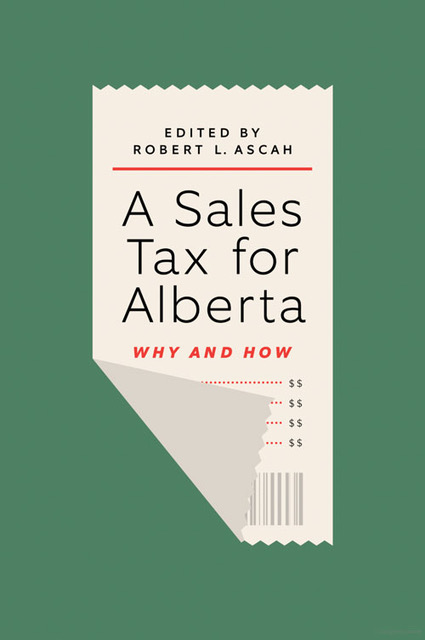On November 25, 2022, Alberta Finance Minister Travis Toews tabled the mid-year fiscal and economic update. The top line number everyone focused on was that Alberta was running a $12-billion surplus. But beyond that headline, the numbers showed Alberta’s fiscal position to be as precarious as it has ever been. The surplus was only generated because of record revenues from bitumen royalties ($19-billion) and other non-renewable-resource royalties ($8.8-billion). Had these revenues been directly transferred into the Heritage Fund, Alberta’s surplus would have become a nearly $16-billion deficit. In other words, Alberta’s fiscal position continues to be tied, for good or for bad, to world oil prices, which are volatile and out of Alberta’s control. Delinking Alberta’s finances from royalties means that Alberta needs to diversify its own revenue sources. A sales tax has long been promoted as such a stabilizer. It is therefore timely that A Sales Tax for Alberta: Why and How provides an up-to-date collection of essays giving various rationales for considering a sales tax in Alberta.
The central theme of this book is to lay bare to readers why Alberta needs a sales tax. It makes the case for why a provincial sales tax provides a source of stable revenue that is much needed by a province that has never, regardless of the political stripe of the government of the day, balanced its budget without relying on resource revenues. Over 10 chapters, four of them written by editor Robert L. Ascah (a former director of the Institute for Public Economics at the University of Alberta), the book attempts to detail why a provincial sales tax is easier and cheaper to administer than income taxes, albeit without tackling the nerdy commodity tax specificities of the design and implementation details that matter greatly for this argument. After all, just ask British Columbia if it is easier to administer a sales tax that directly piggybacks on the existing federal Goods and Services Tax system or one that is instead unique to the province.
The volume also takes on the thorny issue of why a sales tax in Alberta has long been taboo, or, as the chapter by Graham Thomson calls it, a “political suicide tax.” Indeed, in Alberta there is no good time to discuss a sales tax—not when resource revenues slump and the province is running significant deficits, and not when resource revenues rain money into the provincial coffers that are spent by the government of the day with the glee of a lottery winner.
And therein lies the rub. As noted in the afterword by Trevor W. Harrison (a retired professor of sociology at the University of Lethbridge), an important step in the path to a sales tax is to get Albertans to “yes.” Yet no matter how many boom-and-bust cycles Alberta has weathered, it is never the right time to talk about a sales tax. Perhaps the (post-) COVID environment will provide that opportunity, as Albertans watch their hospitals once again buckle under the pressures of maintaining access to healthcare for all Albertans while also dealing with the infectious trifecta of COVID, the annual flu and respiratory syncytial virus (RSV).
A missed opportunity in this volume, however, was to move beyond the usual arguments for and against a sales tax, arguments familiar to all public finance economists, and tackle the heterogeneous effects of a sales tax and how those can be mitigated through proper attention to design and implementation. A growing literature documents specifically the gender and racial inequities in our tax frameworks, and a sales tax is not immune to these inherent biases. Perhaps this could have been achieved had greater consideration been given to including more diverse authors.
Lindsay Tedds is an associate professor in the department of economics at the University of Calgary.
_______________________________________


